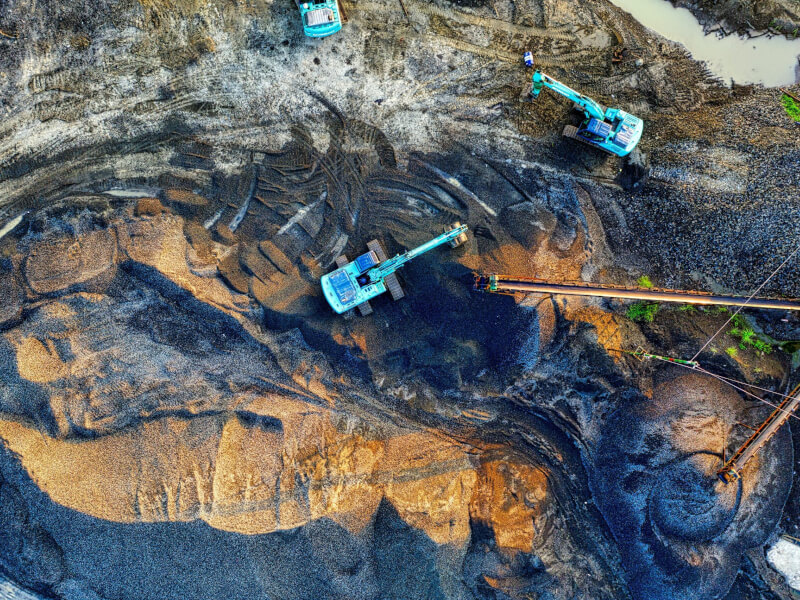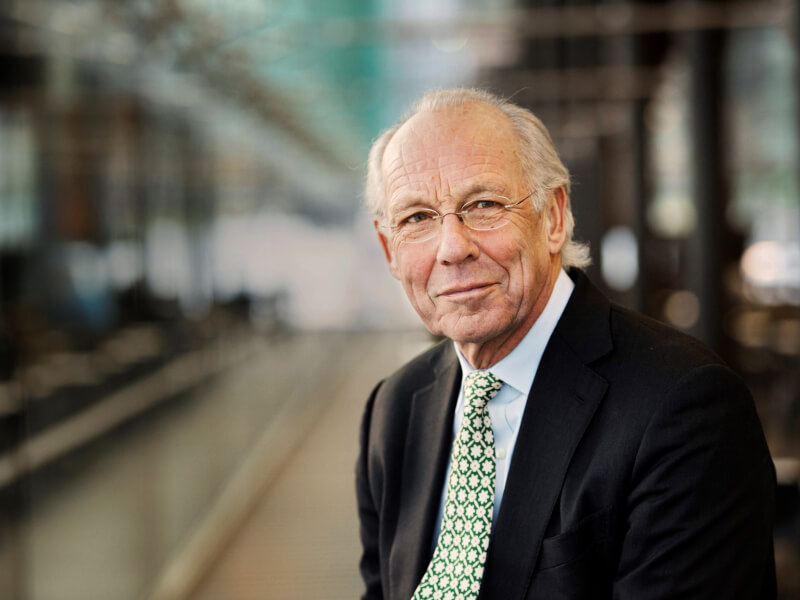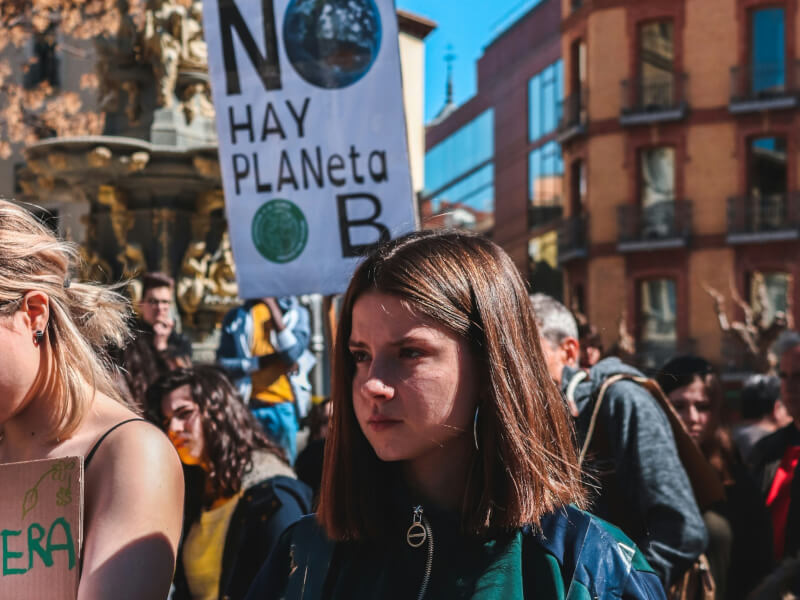23 October 2025 – A childhood rooted in nature
Born in Graz, Austria in 1961, Helmy Abouleish grew up surrounded by animals, gardens and farmland under the care of his Austrian grandfather.
“I was born into an agricultural context. I had the opportunity to live with nature, with plants and animals. This early feeling of being part of nature is very beneficial for the work I do today in biodynamic agriculture in Egypt.”
Helmy remembers his early years as pleasant, embedded in a loving family and a supportive social network. Even school was an enjoyable experience that taught him the value of community, learning and cooperation.
“My early years gave me a very good basis for the work I am doing today at SEKEM, aiming to contribute to system change in Egypt.”
This early closeness to nature gave Helmy a foundation that would later shape his leadership at SEKEM.
From family vision to SEKEM
At 14, Helmy travelled with his family to Egypt and experienced the pyramids, the Nile and the desert landscapes. His father, Dr Ibrahim Abouleish, dreamed of returning to Egypt to contribute to its sustainable development through biodynamic agriculture, human development and ethical economic activities.
“From 1975 to 1977, our whole family became passionate about the idea of starting SEKEM. It was clear to me even as a teenager that this was something valuable I wanted to pursue.”
After finishing school in Cairo and studying one year in Germany, Helmy returned to Egypt in 1982 and joined SEKEM full-time. By 1985 he became CEO when his father had to leave Egypt for medical treatment.
“I was never a second-generation leader. I started SEKEM together with my father. He was my teacher in many parts of life and work. The past 40 years have been a journey of learning in the school of life.”
What started as his father’s dream soon became a family mission—and ultimately Helmy’s lifelong commitment.
The challenge of holistic sustainable development
SEKEM’s approach to development is holistic, combining economic, cultural, social and ecological dimensions.
“The real challenge is showing that human development, cultural growth, social progress and economic activity can work together without depleting resources or harming the planet. Many people still only care about short-term profit.”
Helmy believes that sustainable development cannot exist if economic activities focus solely on extracting resources for immediate gain. Education, research, health and social development must always accompany economic growth.
“It is a change in ideas, attitudes and the way we deal with the world and people around us. This is by far the biggest challenge.”
Biodynamic agriculture and the economy of love
SEKEM’s foundation is biodynamic agriculture, demonstrating efficient desert reclamation, reduced water use, CO2 sequestration and crop cultivation that respects nature. But Helmy stresses that agriculture alone is not enough.
“The miracle of SEKEM is not only biodynamic agriculture. It is also the Economy of Love. This system ensures that everyone along the supply chain, from farmers to consumers, can live well and develop themselves and their families.”
The Economy of Love measures the true cost of products, including environmental, social and economic impacts, enabling consumers to make informed, ethical choices.
“Consumers who know the true impact of a product will buy the right products. This is how we apply the four dimensions of sustainable development in practice.”
A Partnership with The Club of Rome
Helmy sees a deep alignment between SEKEM and the Club of Rome.
“The Club of Rome has raised awareness about sustainable development for 50 years. Its work shows that the world has limited resources and that we must care for these resources rather than exploit them for quick profit.”
Through his membership in The Club of Rome, Helmy connects SEKEM’s local success to global insights, creating a two-way bridge: bringing lessons from Egypt to the world and drawing inspiration from other changemakers worldwide.
“There is a lot of synergy between what The Club of Rome is doing and what we are doing. Together we can inspire others and share ideas for a sustainable future.”
Lessons for young changemakers
Helmy encourages young people to believe in themselves and take the first step, even if others doubt them.
“SEKEM proves that even in challenging contexts, a holistic vision combined with passion and courage can create a miracle. My father was told in 1977 that it was impossible and yet we continued and proved it works.”
He believes in the power of self-confidence, continuous learning and courage.
“Young people can shape the future by believing in themselves, acting with passion and applying a holistic vision to their work.”
Looking to the future
Since 2017, SEKEM has focused on scaling its model. Its goals include reaching seven million farmers with biodynamic agriculture, 3.4 million entrepreneurs with the Economy of Love and 1.4 million teachers with holistic education concepts.
“In system thinking, you don’t need 51 per cent of the population to create change. You need a critical mass, a tipping point. That is our objective with SEKEM Vision 2057.”
Helmy sees SEKEM as part of the global movement for system change, inspired by enlightenment rather than crisis.
“Together with the Club of Rome, we are confident that change is possible and that a sustainable future is not too late to achieve.”
Helmy Abouleish and SEKEM demonstrate how a vision rooted in nature, human care and holistic thinking can transform communities, agriculture and education. Their work with The Club of Rome bridges local action and global insights, proving that sustainable development is achievable when guided by values, systems thinking and the courage to act.




